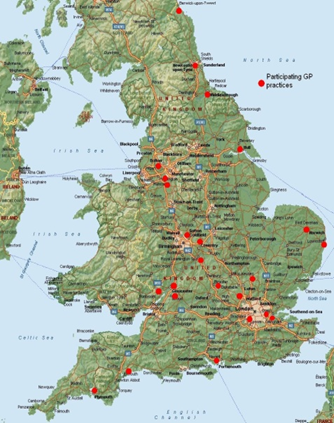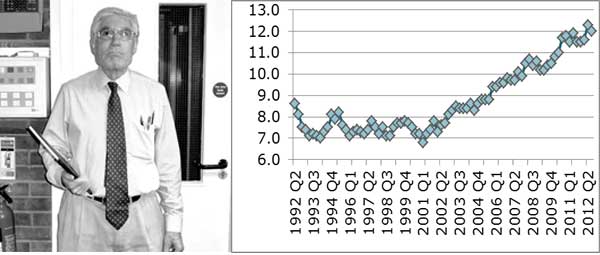The global population is ageing. In particular European societies are changing through a combination of longer life expectancy and lower birth rates since the 1950s. As a result, it is expected that the number of people aged 65 and over in England will increase by 51% between 2010 and 2030. Right now in the UK, there are more people over State Pension age than there are children. Moreover, it is estimated that by 2020, people aged 50 or over will comprise 32% of the working age population.
There is a growing financial imperative to keep people in work to older ages. This has led to policy shifts in the UK encouraging people to work to older ages by increasing the age of eligibility for state pension and abolition of a default age of retirement, and legislation to remove age and disability discrimination in the workplace.
Work at older ages may confer psychological and physical benefits. However, older people may struggle with the demands of work and their greater prevalence of health problems may increase their risk of occupational injury.
The HEAF Cohort was set up in 2013/14 in order to look at these important and pressing issues.
The study attracted 8134 participants aged 50-64 at baseline. These participants were originally recruited through GP practices across England that are part of the Clinical Practice Research Database (CPRD).
The study has enjoyed a very impressive response rate and going into 2017/18 our cohort numbered in excess of 6,100.


